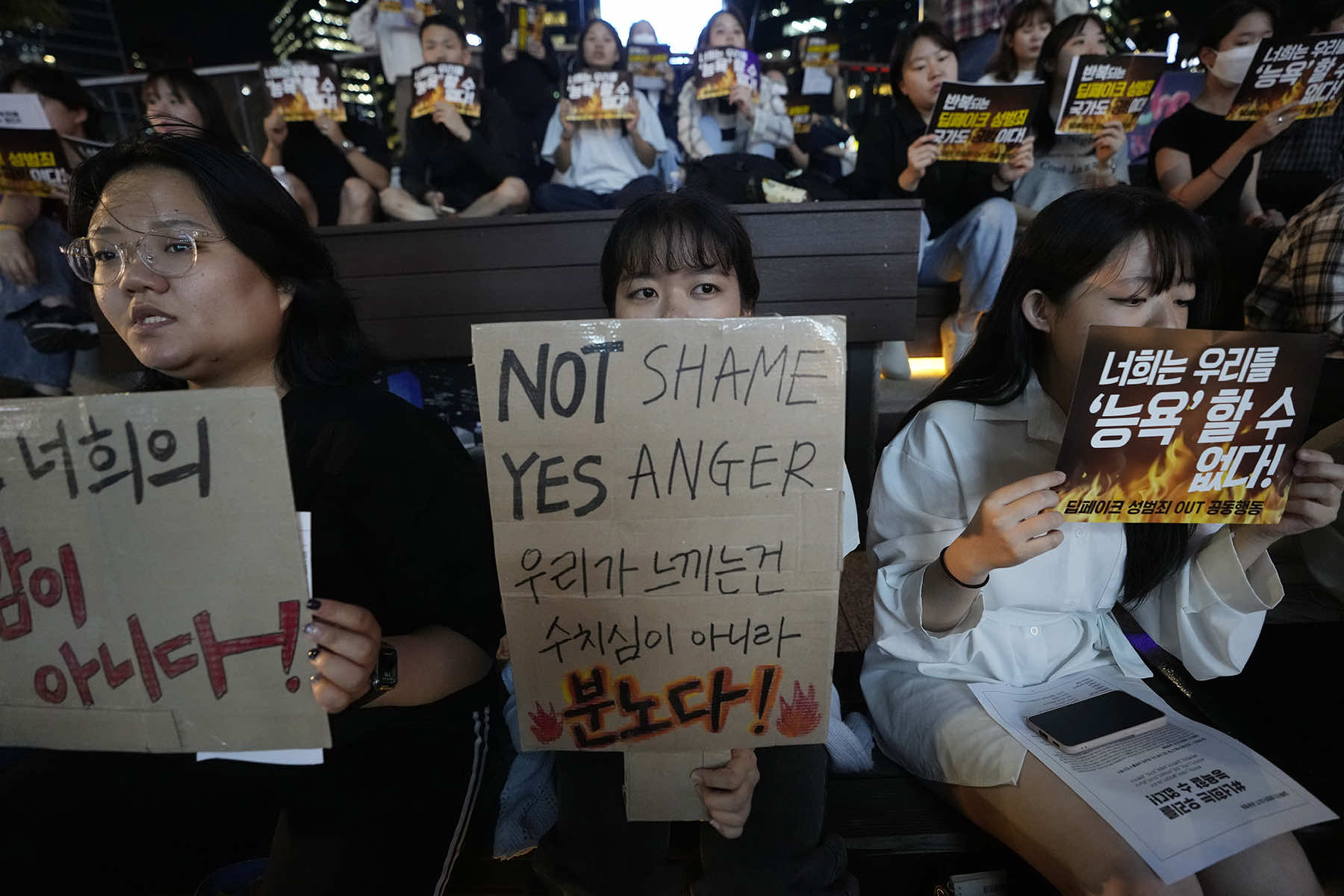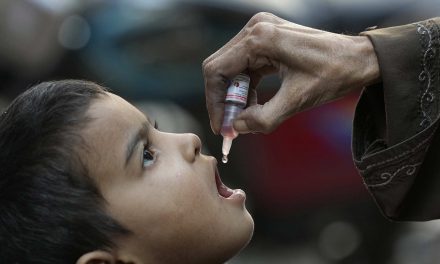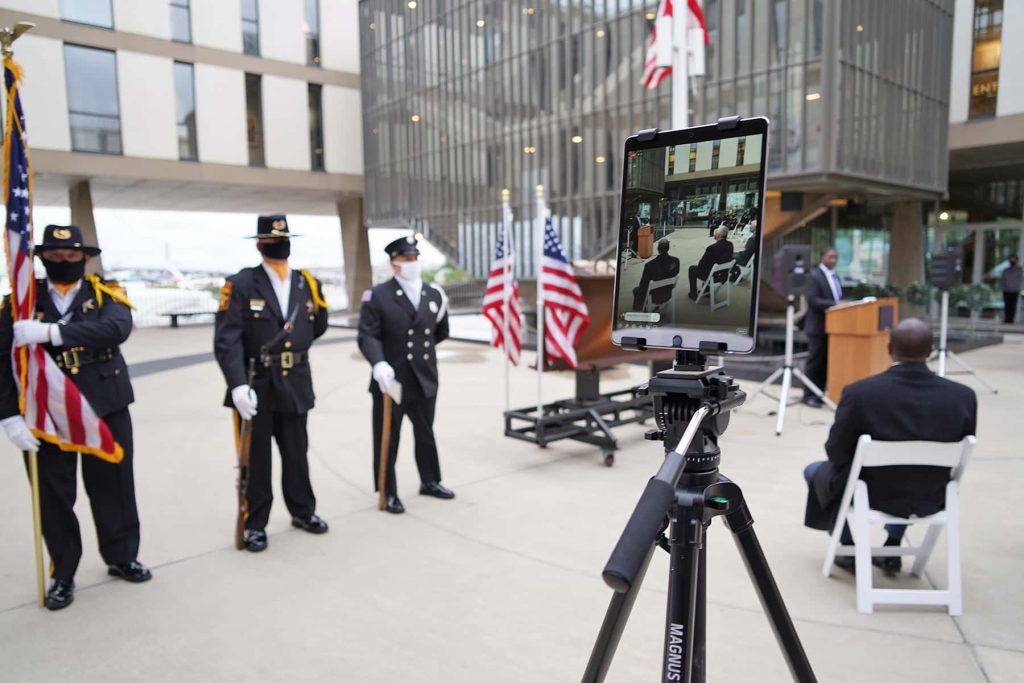
South Korea announced a package of steps to curb a surge in deepfake porn in November, saying it will toughen punishment for offenders, expand the use of undercover officers and impose greater regulations on social media platforms.
Concerns about nonconsensual explicit video content that were digitally manipulated deepened in South Korea after unconfirmed lists of schools with victims spread online in August. Terrified, many girls and women removed photos and videos from Instagram, Facebook, and other social media accounts, while others held rallies calling for stronger steps against deepfake porn.
President Yoon Suk Yeol quickly confirmed the rapid spread of explicit deepfake content and ordered officials to “root out these digital sexual crimes.” Police are now on a seven-month special crackdown set to continue until March 2025.
A task force said in a statement that the government has been revising laws in cooperation with parliament to increase punishment for perpetrators involved in deepfake porn-related crimes.
It cited a recently amended law that for the first time punishes those who possess or watch deepfake porn by up to three years in prison. The maximum punishment for those who produce or distribute deepfake porn content was increased from five to seven years in prison.
Police have so far detained 506 suspects this year, 411 of them teenagers.
The task force said it would push for undercover online investigations even in cases when victims are adults. The law currently authorizes such methods only when victims are minors. The government also plans another revision that would allow authorities to confiscate profits made through deepfake porn businesses.
The task force said it will push to impose a fine on social media platforms more aggressively when they fail to prevent the spread of deepfake and other illegal content.
The prevalence of deepfake porn in South Korea has been attributed to a mix of factors such as heavy use of smartphones, an absence of comprehensive sex and human rights education in schools and inadequate social media regulations for minors as well as misogyny and social norms that sexually objectify women, experts say.















